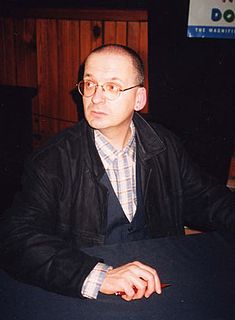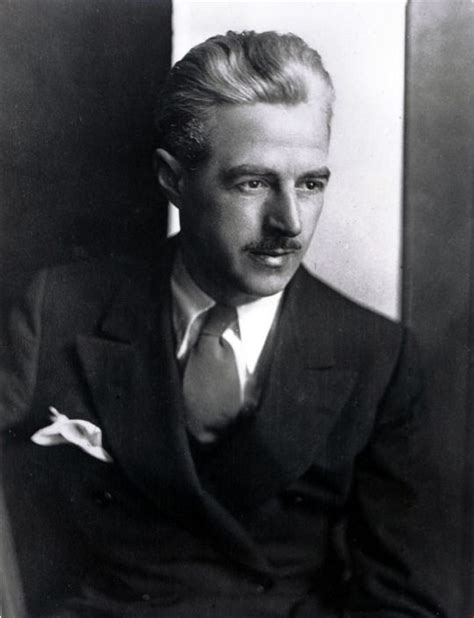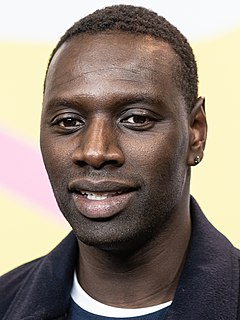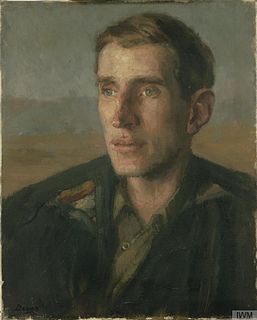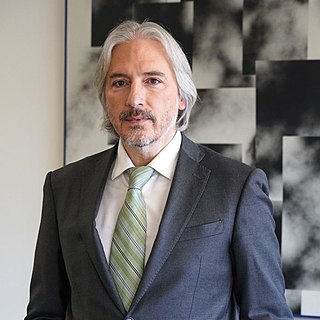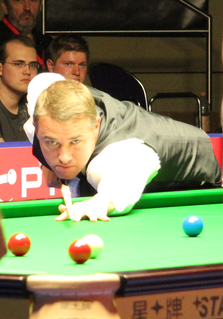A Quote by Paulo Coelho
When I had nothing to lose, I had everything. When I stopped being who I am, I found myself.
Related Quotes
I know absolutely nothing about where I'm going. I'm fine with that. I'm happy about it. Before, I had nothing. I had no life, no friends, and no family really, and I didn't really care. I had nothing, and nothing to lose, and then I knew loss. What I cared about was gone; it was all lost. Now I have everything to gain; everything is a clean slate. It's all blank pages waiting to be written on. It's all about going forward. It's all about uncertainty and possibilities.
By the age of 14, I had stopped doing homework and stopped studying - as soon as I had any spare time, I was up to the local snooker club. I was fortunate my parents never forced me to stop playing snooker and told me to carry on at school. Nowadays, that probably isn't the best advice. I basically had nothing else to fall back on.
Tereza's mother never stopped reminding her that being a mother meant sacrificing everything. Her words had the ring of truth, backed as they were by the experience of a woman who had lost everything because of her child. Tereza would listen and believe that being a mother was the highest value in life and that being a mother was a great sacrifice. If a mother was Sacrifice personified, then a daughter was Guilt, with no possibility of redress.
I had the feeling of slipping down a smooth bottomless pit. It had nothing to do with Breuer and the people. It had nothing to do with Pat even. It was the melancholy secret that reality can arouse desires but never satisfy them; that love begins with a human being but does not end in him; and that everything can be there: a human being, love, happiness, life — and that yet in some terrible way it is always too little, and grows ever less the more it seems.

